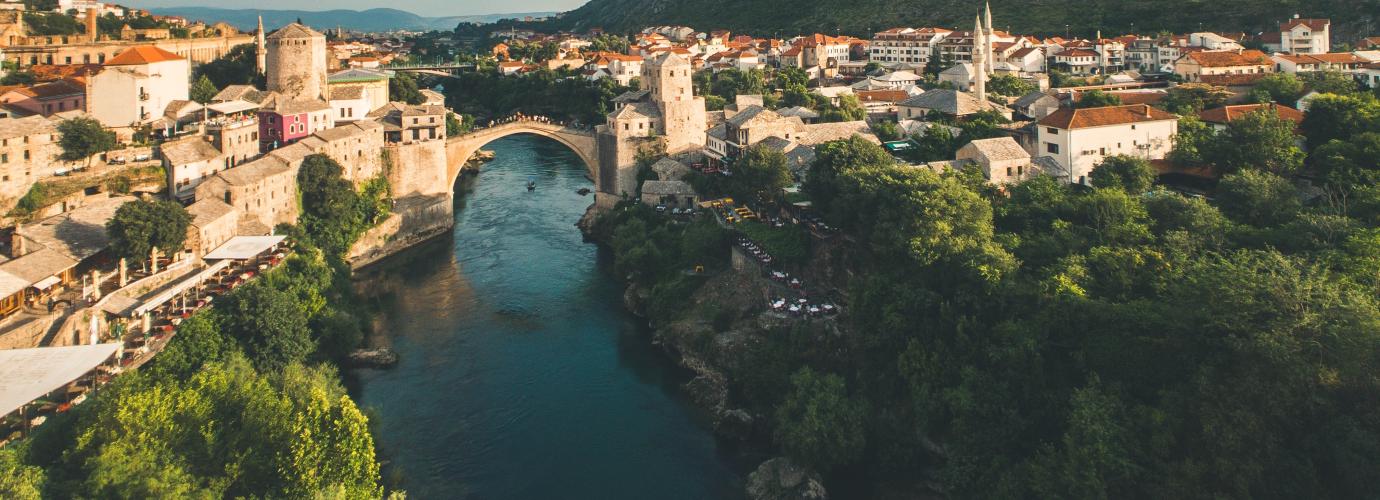Alternative structures within secondary education in Bosnia and Herzegovina refer to the alternative organization of teaching, in terms of a different grouping of students, the organization of school hours or a different structure of the program. These alternative structures are mainly present in international high schools and private high schools in BiH.
The high school curriculum is focused on development and tailored to the intellectual, social, emotional, and physical needs of adolescents.
Students have large blocks of time to work without interruption. The schedule of group activities is flexible and allows teachers to set aside the time that is most appropriate for specific activities. Using this approach, students continue to learn how to set priorities, set a rhythm, and take responsibility for their work.
The curricula of international high schools in BiH are based on international programs such as Cambridge Assessment International Education. Students prepare for life, helping them develop curiosity and a lasting passion for learning. Cambridge International Qualifications are recognized by the world’s best universities and employers, providing students with a wide range of opportunities in their education and careers.
Cambridge programs and qualifications set global standards for international education. They were created by subject matter experts, grounded in academic rigor and reflecting the latest educational research. They provide a strong platform for students to progress from one phase to the next, and are well supported by teaching and learning resources.
Students are assessed on a rational, objective basis, individually according to clearly stated objectives through various assessment strategies, including portfolio assessment, execution of long-term projects, exams, and self-evaluation. Students are encouraged to value the learning process, and especially the value of learning from mistakes.
These international schools must be accredited by the competent Ministry of Education in BiH.
Private secondary schools in BiH implement educational programs for various areas of work and they are accredited by the competent Ministry of Education in BiH. They enable students to attend three-year, four-year programs, part-time education for employment, retraining and additional professional training.
The alternative structure in private secondary schools refers to the alternative program structure, different grouping of students (according to the principle of a smaller group) and the type of teaching in relation to regular secondary vocational schools (possibility of mentoring).

